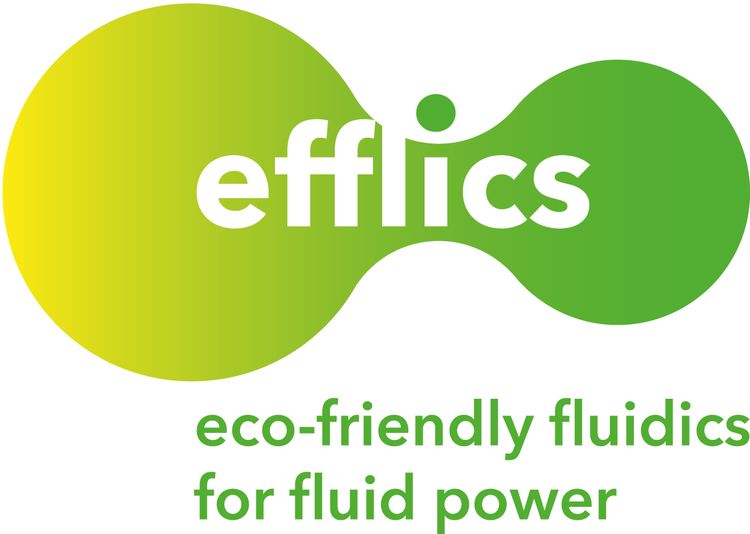EFFLICS
Eco-Friendly Fluidics for Fluid Power
Principal Investigator: Federico Veronesi
Involved personnel: Mariarosa Raimondo, Guia Guarini, Maria Caruso, Andrea Brigliadori
Administrative management & Financial reporting: Laura Mengozzi
Starting date: 07/31/2019
Duration: 24 months
Total funding: 759.812,50 €
Action: POR-FESR Emilia Romagna 2014-2020
Project Coordinator: Michele Pinelli (Università di Ferrara)
Consortium: Università di Ferrara, Università di Modena e Reggio Emilia, CNR-ISTEC, CNR-IMAMOTER (Ferrara)
Involved companies: DANA BREVINI S.P.A. (Reggio Emilia), Oilsafe S.r.l. (Modena), TRW Automotive Italia S.r.l. (Ostellato, FE).
Official website: https://www.efflics.it/
In the last years, one of the most relevant topics in the lubrication and oleodynamic field has been the research, analysis, and use of eco-friendly fluids. This research project pursues the reduction, and possibly the elimination, of mineral oils and synthetic, environmentally harmful fluids through the use of more eco-friendly fluids (i.e. degradable and non-toxic) for all industrial, agricultural, building and civil activities that rely on machinery with a medium-to-high specific power.
This objective implies a completely new design of all the involved systems and sub-systems, accounting for the characteristics of biodegradable fluids (which, for example, have lower viscosity and lubricating properties, along with a higher tendency to cavitation even at high pressure). The re-design will involve also the materials, both in terms of seals and coatings that allow efficient use of the eco-friendly fluids. Another key aspect to be verified in the project, which is extremely relevant for the successful application of the new technology, is the sufficient durability of the highly biodegradable fluid in operative conditions, which has to be comparable to that of the current systems based on mineral or synthetic fluids.
For this reason, one of the most crucial tasks will be the development of an “electronic nose” for the experimental verification of the state of the fluid, as well as the establishment of a fatigue test method for currently manufactured volumetric machines (both “as is” and re-designed for the eco-friendly fluids) that can help to estimate its life cycle in different operative conditions.

